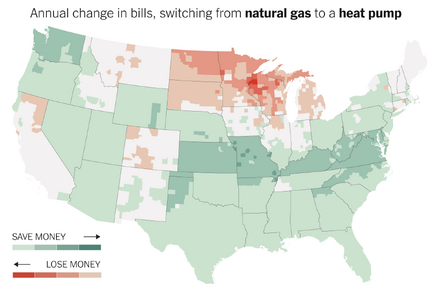Washington D.C. – Growing concerns over the nation’s escalating federal debt and persistent budget deficits are intensifying calls for Congress, particularly Republican lawmakers, to address the long-term fiscal trajectory of the United States. With the national debt now exceeding $34 trillion and annual deficits continuing to run in the trillions, policymakers face increasing pressure to implement sustainable fiscal policies.
The Congressional Budget Office (CBO) regularly projects significant increases in federal spending and debt over the coming decade, driven by factors such as rising interest rates on the national debt, increasing costs for entitlement programs like Social Security and Medicare, and ongoing discretionary spending. These projections underscore a challenging fiscal outlook that experts warn could have serious economic repercussions.
Economists and fiscal watchdogs caution that unchecked spending and ballooning debt could lead to higher inflation, increased interest rates, reduced investment in the private sector, and diminished flexibility for the government to respond to future crises. The compounding effect of interest payments alone is becoming a significant portion of the federal budget, diverting funds that could otherwise be allocated to other national priorities.
Republicans in Congress have historically advocated for fiscal conservatism, lower government spending, and reduced national debt. However, recent years have seen bipartisan spending packages contribute to the current fiscal landscape, making the path to significant spending cuts politically complex. The perennial challenge of balancing fiscal discipline with constituent demands and national needs often leads to contentious budget negotiations, at times culminating in government shutdown threats.
Addressing the spending threat would require difficult choices, including potential reforms to entitlement programs, reductions in discretionary spending, or increases in revenue. Legislative tools such as rescissions, which involve canceling previously appropriated but unspent funds, could be considered as part of a broader strategy to control spending. However, such measures typically require broad bipartisan agreement to pass Congress and be enacted into law.
Senate Minority Leader Mitch McConnell has previously highlighted the severity of the nation’s fiscal course. “We simply cannot continue to pile debt on top of debt without serious repercussions for future generations,” McConnell stated, reflecting a sentiment shared by many in his party regarding the long-term economic stability.
The urgency to confront these fiscal challenges is paramount, as inaction could deepen economic vulnerabilities and constrain future policy options. Lawmakers face the daunting task of forging a consensus on how to curb spending and place the nation on a more sustainable fiscal path, requiring a collective and serious approach to the nation’s financial health.
Source: Read the original article here.





